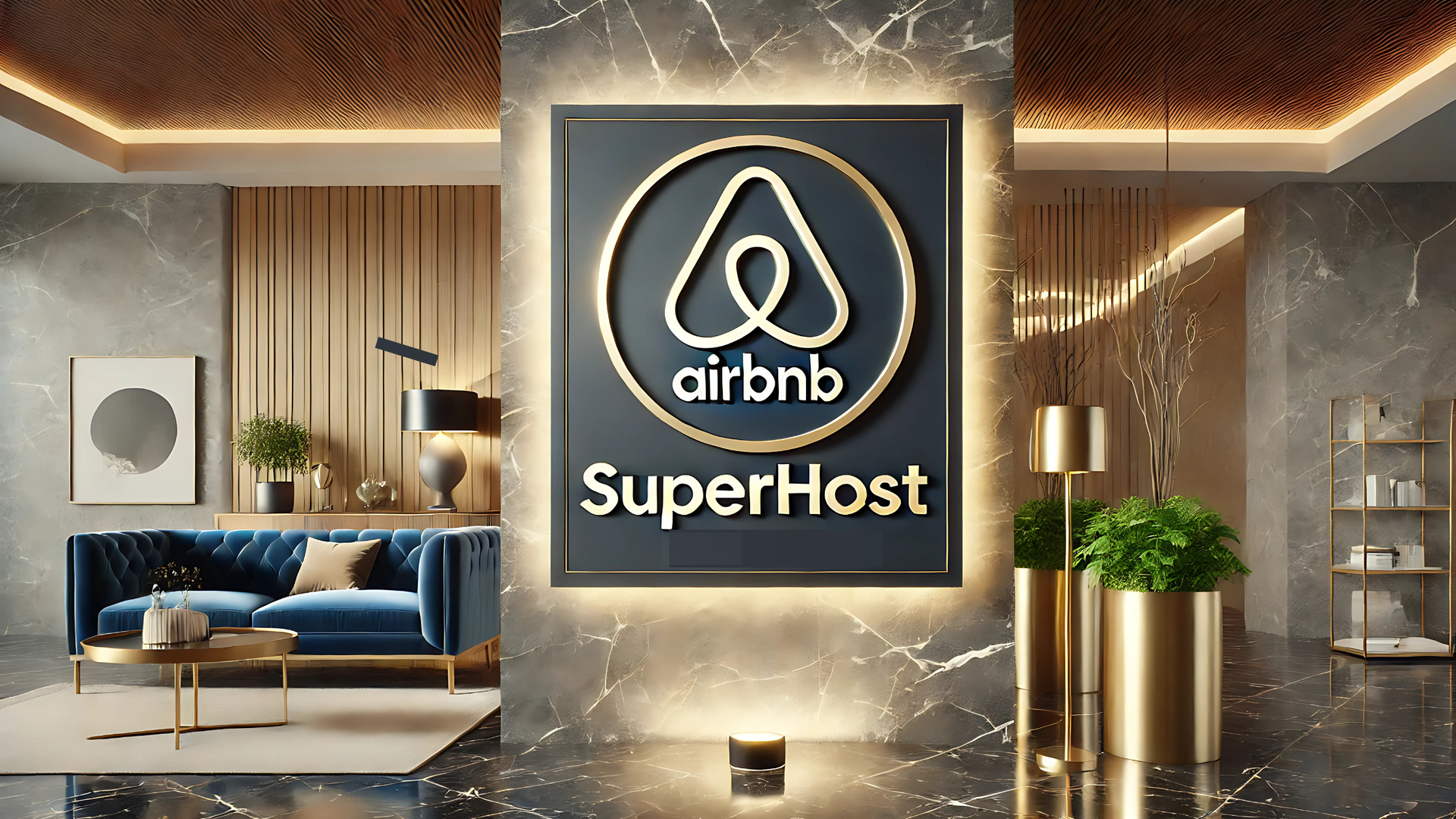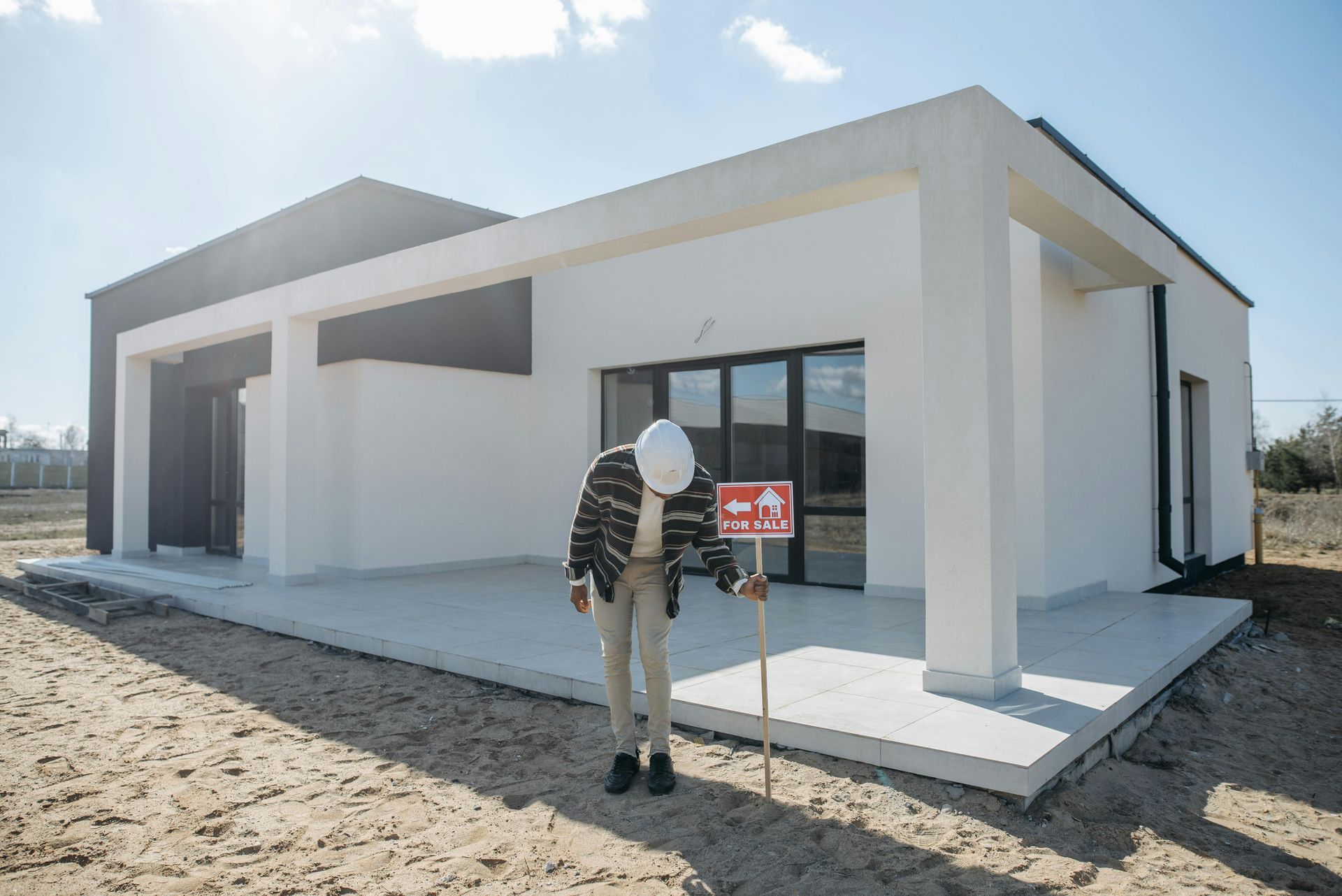What Does Superhost Status Mean on Airbnb, and Will It Help You Become More Profitable?
What Does Superhost Status Mean on Airbnb, and Will It Help You Become More Profitable?

When booking a stay on Airbnb, you may have noticed certain listings flaunting a special badge that reads "Superhost." This designation isn't just a flashy icon—it's a hallmark of exceptional hospitality.
For both travelers and hosts, Superhost status signals a level of trust, reliability, and quality that stands out in Airbnb's competitive marketplace. According to Airbnb, Superhost properties often attract more bookings because guests feel reassured about the consistent quality and communication they’ll receive (Airbnb, "Understand the Superhost program").
For example, travelers frequently leave reviews highlighting their positive experiences with Superhosts, such as seamless check-ins and immaculate accommodations. But what does it take to earn this coveted title, and more importantly, can it boost your bottom line? Let’s break it down.
What is Superhost Status?
Superhost status is Airbnb’s way of recognizing hosts who consistently go above and beyond to provide excellent guest experiences. Think of it as a gold star for top-performing hosts who deliver reliability, responsiveness, and rave-worthy stays. This distinction isn’t arbitrary—it’s based on specific criteria, such as maintaining stellar reviews, a high response rate, and low cancellation rates.
For travelers, the Superhost badge provides peace of mind. Whether you’re booking a charming studio apartment in the city or a secluded cabin in the mountains, knowing the host meets Airbnb’s highest standards can make the difference between a great stay and a gamble. For hosts, achieving Superhost status offers significant perks, including increased visibility, exclusive rewards, and, yes, the potential to make more money. While this section sets the stage, let’s dive deeper into what Superhost status truly means for both parties involved.
How to Qualify as a Superhost
Earning Superhost status isn’t automatic. Airbnb evaluates hosts quarterly, measuring performance over the past 12 months. To qualify, a host must:
- Host at least 10 reservations or 3 bookings totaling 100 nights.
- Maintain a 4.8+ overall rating, with reviews submitted by both the guest and host or automatically completed after Airbnb’s 14-day review window.
- Respond to at least 90% of inquiries within 24 hours.
- Keep cancellations below 1%, with exceptions for major disruptive events or valid extenuating circumstances.
Importantly, only the listings owned by the host are considered. Co-hosted properties or Airbnb Experiences don’t contribute to eligibility. For hosts aiming to meet these requirements, consistency is key.
Focus on quick responses, providing accurate listings, and building trust with your guests to avoid cancellations. While achieving these benchmarks can take time, the rewards are well worth the effort.
The Benefits of Being a Superhost
Superhost isn’t just about bragging rights—it comes with tangible rewards. Hosts who achieve this status enjoy:
- Increased Visibility: Superhost listings rank higher in search results and are often featured in Airbnb’s promotional emails. This added visibility can significantly increase your bookings, especially in competitive markets.
- Dedicated Filters: Travelers can easily search for Superhost properties, helping these listings stand out. This filter acts as a quality guarantee, attracting guests who prioritize reliable stays.
- Exclusive Rewards: Annual perks like a $100 Airbnb coupon, extra referral bonuses, and early access to new features. These incentives help offset costs and make the hosting experience even more rewarding.
- Priority Support: Faster, more responsive customer service when issues arise ensures that hosts can quickly resolve any challenges, keeping their operations smooth.
These benefits not only elevate a host’s profile but also translate into higher bookings and increased earnings. Hosts who capitalize on these perks often find themselves attracting repeat guests and improving their overall profitability. By leveraging the tools and visibility that come with Superhost status, you can make your property a top choice for travelers.
Why the Superhost Badge Matters for Travelers and Hosts
For guests, booking with a Superhost means added assurance that their stay will meet or exceed expectations. Superhosts are held to high standards, with rigorous criteria that ensure:
- Consistent Quality: From spotless accommodations to accurate descriptions, Superhosts excel in providing a seamless experience. Guests know they can trust what they see in the listing.
- Timely Communication: Whether it’s answering a question or resolving a concern, Superhosts prioritize responsiveness. This level of attentiveness makes guests feel valued and secure.
- Reliable Stays: A low cancellation rate means you’re less likely to face last-minute disruptions. This reliability is especially critical for guests planning important trips or events.
For hosts, the benefits go beyond just recognition. Superhost status often leads to a measurable boost in profitability. Listings with the badge tend to receive more bookings, attract higher-paying guests, and generate better reviews. These advantages can snowball, positioning your property as a favorite among travelers. Additionally, the confidence that comes with being a Superhost can inspire repeat guests and word-of-mouth referrals, further driving your success.
If profitability is your goal, achieving Superhost status is more than just a feather in your cap—it’s a strategic move that can transform your hosting journey into a thriving business.
How Being an Airbnb Superhost Impacts Profitability
Achieving Superhost status is more than a badge of honor; it’s a financial game-changer. According to Airbnb, Superhosts often see higher booking rates and increased nightly prices compared to non-Superhosts (Airbnb, "Understand the Superhost program"). This heightened demand stems from guest trust—a Superhost badge signals quality, reliability, and professionalism.
While Superhost status can enhance profitability, it’s essential to account for the percent of revenue Airbnb keeps from each booking. Airbnb typically charges hosts a service fee ranging from 3% to 15%, depending on the pricing model and location. Understanding this fee structure is crucial for setting competitive nightly rates while maintaining profitability.
Superhosts also benefit from Airbnb’s marketing push. Listings with the badge are featured prominently in promotional emails and search results, which can dramatically improve visibility. In competitive markets, this edge makes a significant difference. For example, hosts in popular tourist destinations may find their properties booked more consistently during both peak and off-peak seasons.
Superhost Challenges and Tips for Success
While the benefits are clear, maintaining Superhost status can be challenging. Hosts must consistently meet strict criteria, including a high response rate, exceptional reviews, and minimal cancellations. Even a single negative review or unavoidable cancellation can impact eligibility (Airbnb, "What’s required to be a Superhost").
To succeed, focus on guest communication and setting clear expectations. Ensure your listing descriptions are accurate and highlight unique features to attract the right audience. For example, if your property is perfect for families, emphasize kid-friendly amenities in your description. Additionally, respond promptly to inquiries and be proactive in addressing any guest concerns before they escalate into complaints.
Another strategy is to invest in amenities that enhance guest satisfaction. Simple upgrades, such as providing high-speed Wi-Fi, luxury linens, or a well-stocked kitchen, can lead to rave reviews and repeat bookings. Many successful Superhosts also use feedback to make continuous improvements, ensuring their property remains competitive.
Common Challenges and Solutions
Challenge: Negative Reviews Impacting Ratings
Even a single negative review can lower your overall rating and jeopardize your Superhost status. Guests may leave feedback based on factors beyond your control, such as weather or personal preferences.
Tip: Proactively Address Guest Feedback
Communicate with guests during their stay to ensure satisfaction. If issues arise, resolve them promptly and professionally. Encourage happy guests to leave positive reviews to counterbalance any outliers.
Challenge: Meeting Response Rate Requirements
Maintaining a 90% response rate can be daunting, especially for hosts managing multiple properties or busy schedules.
Tip: Use Automated Messaging
Leverage Airbnb’s tools to send quick replies and acknowledgments. Automation ensures you meet response requirements while freeing up time for other tasks.
Challenge: Avoiding Cancellations
Unexpected events, such as emergencies or maintenance issues, can lead to cancellations that affect your eligibility.
Tip: Plan for Contingencies
Establish relationships with local service providers to handle urgent issues. Clearly communicate policies with guests and offer solutions, such as rebooking assistance, to minimize disruptions
Why Full-Service Airbnb Management Can Make All the Difference for an Airbnb Host
Achieving and maintaining Superhost status can feel like a full-time job, but that’s where professional property management can make all the difference. At Home Team Vacation Rentals, we specialize in full-service Airbnb and short-term rental management designed to maximize your profitability while taking the stress out of hosting.
When we say full-service, we mean everything:
- Guest Communications: We handle inquiries, bookings, and problem-solving, ensuring timely and professional interactions with your guests.
- Maintenance and Cleaning: From routine upkeep to emergency repairs, we keep your property in top shape.
- Listing Optimization: Our team creates compelling property descriptions, professional photos, and dynamic pricing strategies to help you stand out.
- Maximized Exposure: While we’re dedicated to Airbnb, we also list properties on Vrbo, Google Vacation Rentals, Expedia, Booking.com, Hopper Homes, and Villas by Marriott International, among others. This multi-channel approach ensures your property reaches the widest audience possible.
- Profitability Consulting: Thinking of buying a short-term rental? We’ll help you select the most profitable property and market it effectively.
Our mission is simple: to help homeowners achieve their goals while delivering unforgettable guest experiences. By partnering with us, you can enjoy all the benefits of hosting without the hassle.
Contact us today to learn how Home Team Vacation Rentals can transform your short-term rental business into a thriving, hands-free operation.
Works Cited
- Airbnb. "Understand the Superhost Program." Airbnb Help Center.
https://www.airbnb.com/help/article/828. Accessed 26 Dec. 2024. - Airbnb. "What’s Required to Be a Superhost." Airbnb Help Center.
https://www.airbnb.com/help/article/829#:~:text=Requirements%20to%20be%20a%20Superhost,-To%20be%20a&text=Maintained%20a%2090%25%20or%20higher,Events%20or%20other%20valid%20reasons. Accessed 26 Dec. 2024. - Airbnb. "Maintain Superhost Status." Airbnb Help Center.
https://www.airbnb.com/help/article/832. Accessed 26 Dec. 2024. - Vrbo. "How May I Become a Premier Partner." Vrbo Help Center.
https://help.vrbo.com/articles/How-may-I-become-a-Premier-Partner. Accessed 26 Dec. 2024.
Categories: Airbnb



